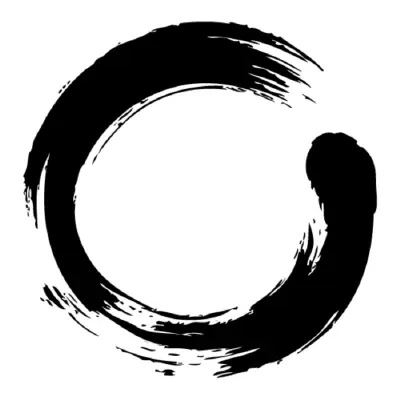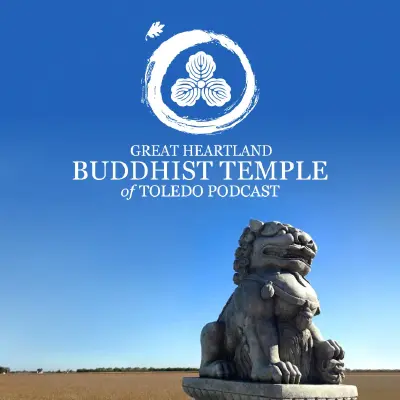Podcasts about Buddhism
Episodes about Buddhism
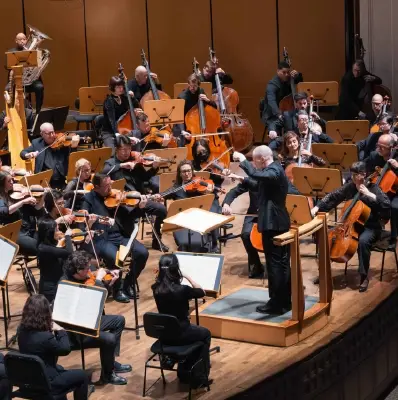
In this Teisho, given on June 23rd, 2025, at Dai Bai Zan Cho Bo Zen Ji's Summer Sesshin, Rinzan Osho examines case 70 of the Hekiganroku: Isan's, "I Would Ask You To Say It." How do we find harmony in a world full of dischord? How does Zen training help us to open our ears to listen?
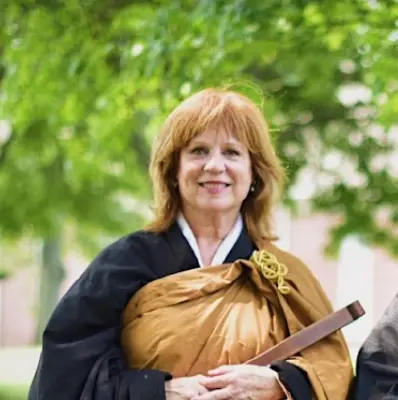
This Teisho was given by the Reverend Karen Do’on Weik Roshi at the Buddhist Temple of Toledo on May 1, 2024. In this talk Do’on Roshi discusses the 44th case from the Mumonkan (aka The Gateless Gate) known as Basho and a Stick. If you would like to learn more about the Buddhist Temple of Toledo or to make a donation in support of this podcast please visit buddhisttempleoftoledo.org. Part of Reverand Do'on's Teisho on the Mumonkan series.
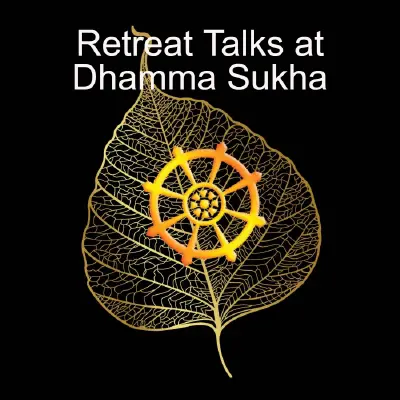
Podcast which discusses the main points of The Path to Nibbana
www.dhammasukha.org
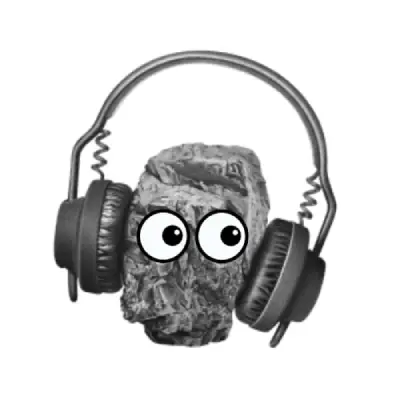
See all series | See all talksTeacher: Keri Pederson
Date: 2025-07-07 MondaySeriesThe Four Noble Truths & The Twelve Insights (Monday evenings, 2025) 2025-01-06 Ghisly Garcia, Keri Pederson, Lyndal Johnson, Shawn Holmes, Sooz Appel, Steve Wilhelm, Tim Geil, Tuere Sala
This recording was edited and prepared for publication by volunteer Jim Matthews.

Opening up to life as it is requires us to let go of the desire to be in control of conditions and to get intimate with suffering — not just our own, but the suffering of others and the planet. Teisho by Sensei Dhara Kowal. Automated Transcript
The post Turning to “No Hope” in Difficult Times appeared first on Rochester Zen Center.

Jul 04, 2025
Hard Feelings (Change & Transiency) w/ Mota
Angel City Zen Center - Beginners Only Podcast ❭
Mota gets an unexpected phone call and takes the opportunity to dig into some tough love teachings on change and transiency, and how they might even open us up to something warm and maybe even a little fuzzy. Have we forgotten how to die in this country? Why is Zen oddly good at the idea? Can it help us deal with the odd role reversals that come with parents getting older? Find out here!
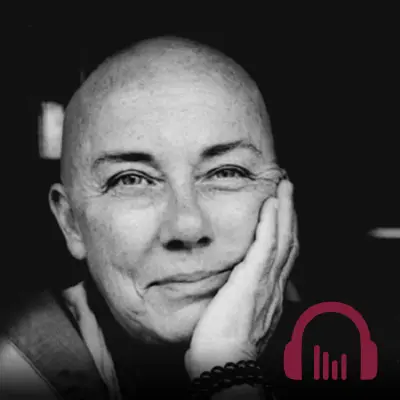
Something To Think About Series #216 Thought of the day from Venerable Robina Courtin
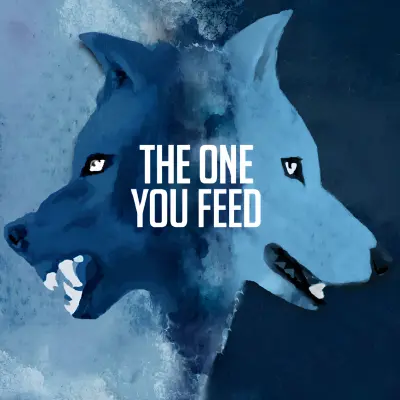
Jun 27, 2025
The Hidden Cause of Procrastination and How to Finally Move Forward with Taylor Jacobson
The One You Feed ❭
In this episode, Taylor Jacobson discusses the hidden cause of procrastination and how to finally move forward in your life. He explores how transformation rarely feels graceful, how repressed emotions shape our behavior, and what it takes to live a life true to your inner compass. It’s a vulnerable, grounded conversation about fear, reinvention, and creating space for what you actually want to give to the world.For the first time in over three years, I’ve got a couple open spots in my coaching practice. If you’re a thoughtful business owner, creator, or leader feeling stuck in scattered progress or simmering self-doubt, this might be the right moment. Through my Aligned Progress Method, I help people move toward real momentum with clarity, focus, and trust in themselves. If that speaks to where you are, you can learn more at oneyoufeed.net/align.Key Takeaways:Importance of experiencing and releasing emotions for personal growthThe concept of safety in productivity and its impact on focusOverview of Focusmate as a solution for procrastination and accountabilityThe role of community support in overcoming distractions and enhancing productivityThe significance of vulnerability in seeking help and building connectionsThe principles of behavior change, including commitment and accountabilityThe relationship between emotional well-being and productivityThe challenges of transformation and the necessity of aligning with one’s true selfThe exploration of intuition and discernment in navigating emotions and decision-makingIf you enjoyed this conversation with Taylor Jacobson, check out these other episodes:How to Overcome Procrastination with Tim PychylDavid Kadavy on Getting StartedFor full show notes, click here!Connect with the show:Follow us on YouTube: @TheOneYouFeedPodSubscribe on Apple Podcasts or SpotifyFollow us on InstagramSee Privacy Policy at https://art19.com/privacy and California Privacy Notice at https://art19.com/privacy#do-not-sell-my-info.

This talk was given as part of a Weekend Sitting at the Boulder Zen Center. It examines the feeling of alienation that comes from the mental construction of a separate self with an internal and an external space. What is the cure for such alienation? Learning to locate ourselves in an experiential space, in which all the contents of our lives (the physical world as well as our feelings and thoughts) are allowed to happen just as they are happening. Despite the serious personal and societal problems we face in this complicated world, we can discover that the experience of being alive is magnificent and luminous. This is intimacy! – the feeling that all that appears right now is my life right now. This intimacy exists before thought and thus separation arises. Zazen is a way to make this intimate, luminous space before thought arises our true home.Welcome to Zen Mind!Love the dharma talks and want to hear more? Become a Premium Podcast subscriber for only $9/month. Dive deeper into the topics through Q&A sessions related to each of the talks. You can even ask questions of your own through the 'Ask Me Anything' platform and gain access to previously unpublished talks from intensives. Learn more here: https://zenmind.supercast.com/We have a NEW, self-paced course, "Undivided Activity", now available! In this course, Zenki Roshi offers a complete commentary and experiential translation in a series of talks on Dogen's essay 'Undivided Activity'. Learn more and purchase the course here: https://www.boulderzen.org/undivided-activitySee all events and join our mailing list at www.boulderzen.org. Email us at office@boulderzen.org.If you're enjoying these talks, please subscribe and leave us a rating or review!Zenki Christian Dillo Roshi is the the guiding teacher at the Boulder Zen Center in Colorado, USA. This podcast shares the regular dharma talks given at the center. Zenki Roshi approaches Zen practice as a craft of transformation, liberation, wisdom and compassionate action. His interest is to bring Buddhism alive within the Western cultural context, while staying committed to the traditional emphasis on embodiment.
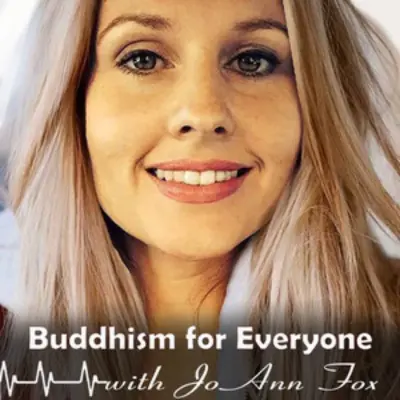
Jun 25, 2025
Episode 214 - The Dalai Lama's Secret to Lasting Happiness
Buddhism for Everyone with JoAnn Fox ❭
We chase happiness like it’s just around the corner. Could our final destination, “happiness,” be hidden in a new relationship, job title, city, or home? But His Holiness the Dalai Lama, with his childlike laugh and mountain-like presence, has let us in on a little secret: the true source of happiness isn’t getting what we want. It’s cherishing others. It’s being kind. The Dalai Lama says, “The basic source of all happiness is a sense of kindness and warm-heartedness towards others.” Buddhist teachings remind us again and again that when we shift the spotlight from ourselves, a strange thing happens. Our minds soften. Our hearts open. And we begin to feel...better. Lighter. More connected. Cherishing others means genuinely caring about their happiness and well-being, just like we do for ourselves. And when we practice this, whether by listening with full attention, letting someone go ahead of us in line, or sending a silent wish for a stranger’s joy, we start to feel more joy ourselves. Real joy. The kind that doesn't depend on circumstances. According to the Dalai Lama, “Thinking only about yourself—having a very self-centered attitude—creates a lot of anxiety, loneliness, fear, and anger.” It turns out that the road to lasting happiness isn't paved with self-fulfillment, but with love that stretches beyond the self. Resources Dalai Lama. The purpose of life is to be happy. Retrieved from:https://www.dalailama.com/messages/transcripts-and-interviews/the-purpose-of-life-is-to-be-happy Find us at the links below: Facebook:https://www.facebook.com/Buddhismforeveryone Facebook Group:Join our private group at: https://www.facebook.com/groups/sanghatalk/ Instagram: https://www.instagram.com/buddhism.with.joann.fox X: @Joannfox77 TikTok: @buddhism4everyone To learn more about virtual classes with JoAnn Fox: Buddhist Study Program Our Dharma Shop on Etsy: https://www.etsy.com/shop/BuddhismForEveryone
